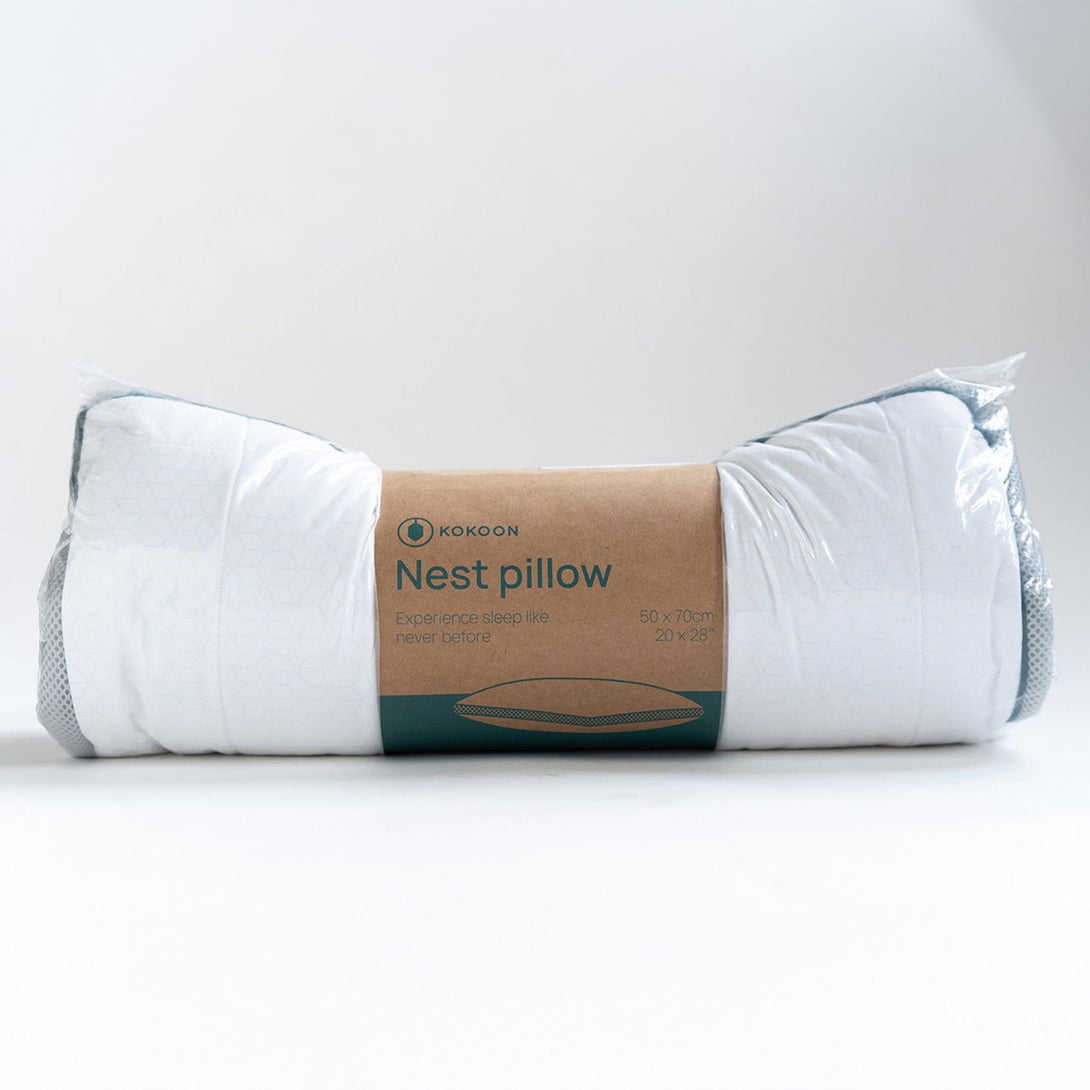In today's fast-paced world, stress has become an ever-present companion for many. The effects of stress can seep into various aspects of life, including our ability to get a good night's sleep.
April marks Stress Awareness Month 2024. Stress can be hugely detrimental to your sleep, hence handling it correctly is essential to your wellbeing.
However, there are scientifically-backed strategies that can help mitigate the impact of stress on sleep and promote restfulness.
Here, we’ll delve into these strategies to guide you towards achieving a rejuvenating night's sleep even amidst times of stress.
Establish a Consistent Sleep Schedule
Our bodies thrive on routine, including sleep. Aim to go to bed and wake up at the same time each day, even on weekends. This consistency helps regulate your body's internal clock, promoting better sleep quality over time.
Create a Relaxing Bedtime Routine
Engage in calming activities before bedtime to signal to your body that it's time to wind down.
This could include reading a book, taking a warm bath, or practicing relaxation techniques such as deep breathing or meditation. Steer clear of stimulating activities like watching TV or using electronic devices, as the blue light emitted can interfere with your ability to fall asleep.
Optimise Your Sleep Environment
Make your bedroom a haven for sleep by ensuring it's cool, dark, and quiet. Invest in comfortable bedding and a supportive mattress to enhance your sleeping experience.
At Kokoon, our sleep scientists have created our Nest Pillow - using space suit-inspired temperature control and adjustable height and firmness to ensure you get the best night's rest possible.

Limit Stimulants and Alcohol
Cut back on caffeine and nicotine, especially in the hours leading up to bedtime. These substances can interfere with your ability to fall asleep and reduce sleep quality.
Similarly, while alcohol may initially make you feel drowsy, it can disrupt your sleep cycle and lead to fragmented rest later in the night.
Stay Active During the Day
Regular physical activity can help alleviate stress and promote better sleep.
Aim for at least 30 minutes of moderate exercise most days of the week, but avoid vigorous exercise close to bedtime, as it may energise you and make it harder to wind down.
We asked our in-house sleep specialist in an interview last month what his thoughts are on exercising to help get a better night's sleep.
Mind Your Diet
Be mindful of what you eat and drink, particularly in the evening. Heavy, spicy, or acidic foods can cause discomfort and indigestion, making it difficult to sleep soundly.
Opt for light, easily digestible meals, and consider having a small, carbohydrate-rich snack before bed, as it may promote the production of sleep-inducing hormones.
Equally, some may find that a warm drink - such as warm milk, hot chocolate, or a decaffeinated coffee/tea - can be the key to a good night's sleep.
Stress-reduction techniques
Incorporate stress-reduction techniques into your daily routine to help calm your mind and prepare for sleep.
This could involve practicing mindfulness, journaling, or talking to a trusted friend or therapist about your concerns.
Finding healthy outlets for stress can significantly improve your ability to relax and unwind at night.
Limit Screen Time Before Bed
The blue light emitted by screens can interfere with the production of melatonin, the hormone responsible for regulating sleep-wake cycles.
Aim to power down electronic devices at least an hour before bedtime to allow your body to naturally wind down and prepare for sleep.
Trying sleep audio
Many people are now shifting towards using audio to help their sleep -
Sleep headphones, such as the Philips Sleep Headphones, allow you to comfortably and safely listen to music as you drift off.
For some people, an audiobook or podcast might be the best listen. For others, it may be white noise or classical music.
Philips Sleep Headphones can partner with the Kokoon app - featuring a broad range of different soundscapes and audios - as well as your favourite audio streaming app, such as Spotify or Apple Music.
Remember that achieving quality sleep is a journey that requires patience and consistency, but the rewards for your overall health and well-being are well worth the effort.
You can find out more about the Philips Sleep Headphones here.







